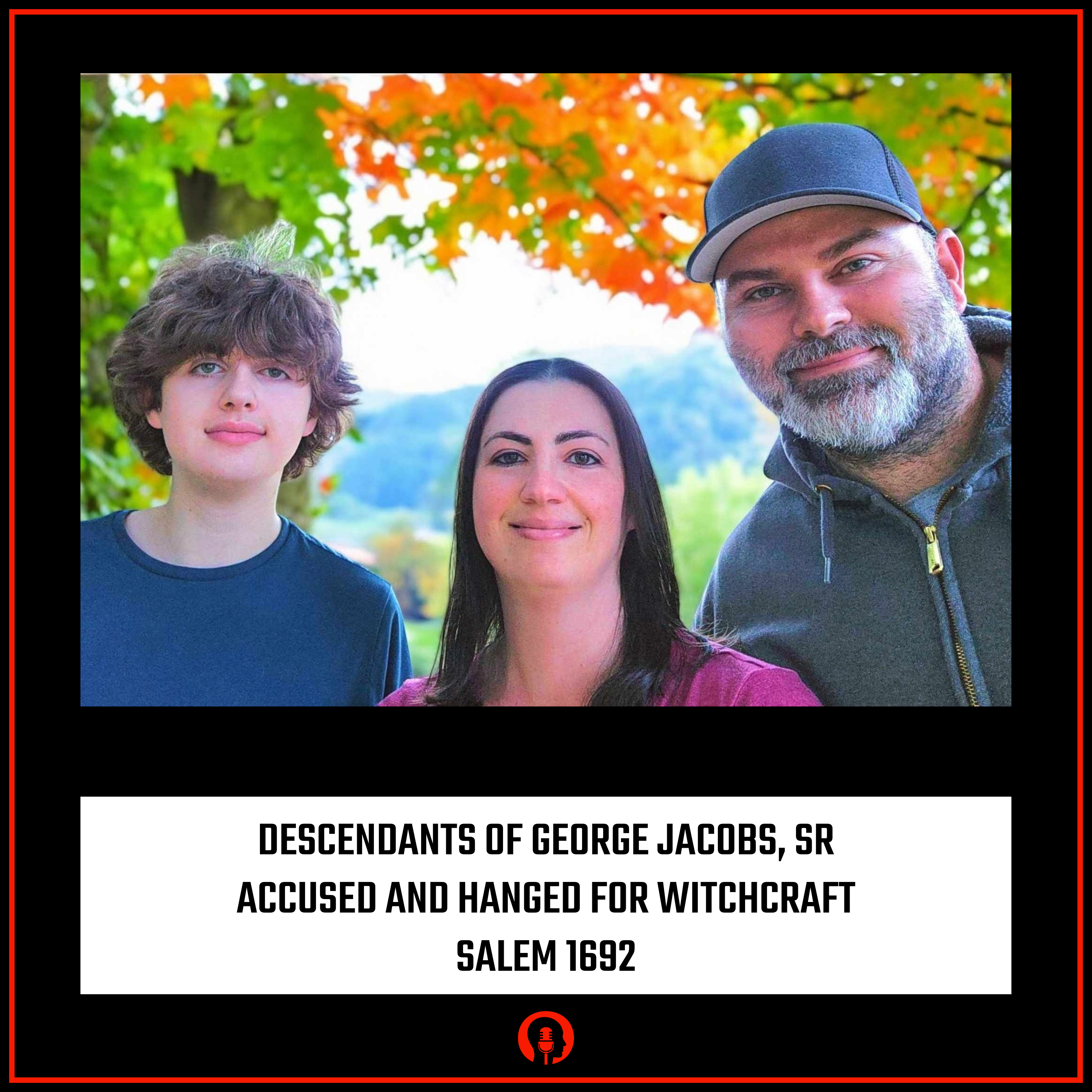Episode Transcript
[00:00:05] You're listening to The Love Vox with psychotherapist Amynah Dharani.
[00:00:18] Happy Friday, everyone.
[00:00:20] Friends, America is stressed out.
[00:00:23] According to the American Psychological Association's Stress in America 2024 report, a staggering 77% of adults expressed stress concerning the future of the nation.
[00:00:36] 73% reported stress due to economic factors, and a whopping 69% cited election-related stress.
[00:00:47] Regarding election-related stress, the data reveals a compelling comparison between the upcoming 2024 presidential election and the 2016 election. In 2016, 52% of adults reported stress related to the election. Not that 52% is a small number. Fast forward to today. And 69% of adults acknowledge election-related stress. That's 7 out of 10 people.
[00:01:18] What has changed?
[00:01:20] Well, the sociopolitical landscape has evolved, resembling a storm of uncertainty and conflicting views. And 72% of individuals have expressed anxiety about potential electoral violence. The upcoming 2024 US presidential election has cast a long shadow over the American psyche.
[00:01:42] Recent surveys have indicated that 41% of adults are contemplating relocating due to the current political climate.
[00:01:52] And political beliefs have significantly impacted family dynamics. A Survey indicated that 32% of individuals report strained familial bonds due to politics. In fact, 30% of individuals have reported limiting time spent with family solely based on differing political views.
[00:02:13] But let's for a moment, step back, back four years.
[00:02:17] The year is 2020, the year of the pandemic and the 2020 presidential election.
[00:02:24] Do you remember how you felt that year? Specifically, November 2020?
[00:02:30] Take a moment to reflect.
[00:02:33] As the dust settled after the tumultuous 2020 US presidential election, many Americans found themselves grappling with feelings that exceeded typical election fatigue. This was not just about losing or winning at the polls. It was a deeper issue that tapped into our collective psyche.
[00:02:53] The 2020 US presidential election was not just an event. It was a major turning point. Political tensions ran high leading up to it. Emotions often overshadowed rational thought.
[00:03:07] Voters were caught in a whirlwind of fear, uncertainty, and anxiety.
[00:03:13] But why? What happened that transformed routine electoral participation into a source of widespread stress?
[00:03:23] Well, let me just cut to the chase and say that we see each other as enemies.
[00:03:29] Political divisions have been growing for years, and individuals have increasingly associated only, um, with their party identities.
[00:03:38] There is a name for this phenomenon, and it is known as affective polarization.
[00:03:45] Affective polarization is a growing concern in today's political landscape. But what does it really mean?
[00:03:52] In simple terms, affective polarization refers to the emotional distance and hostility that develops between different political groups when individuals become polarized they view those from opposing parties as threatening. This perception has led to increased animosity and has had serious implications for our citizens and communities, and this has contributed to social fragmentation and mental distress.
[00:04:20] Unfortunately, partisanship thrives in an environment of fear and misinformation. People often rely on echo chambers for information, intensifying their emotions related to their political affiliations. This creates a cycle where they strengthen their beliefs and distrust others.
[00:04:40] Throughout the 2020 election season, political animosity intensified.
[00:04:47] People engaged fiercely, often without regard for the person on the other side of the debate.
[00:04:53] The presidential campaigns often highlighted these divisions. Negative campaign ads exploited personal fears.
[00:05:02] The stakes felt enormously high. Consequently, many voters reported feeling overwhelmed, leading to heightened anxiety and stress.
[00:05:11] On January 6, 2021, the Capitol riot exposed the underlying tension in American society. It was a dramatic manifestation of the anger simmering beneath the surface.
[00:05:24] Witnessing such chaos intensified, fears of instability and public sentiment shifted dramatically.
[00:05:32] And then there is the misinformation crisis. A significant contributing factor to stress, misinformation is more than just false information. It's a growing concern in our digital age.
[00:05:45] Recent surveys reveal alarming statistics that highlight this crisis.
[00:05:49] In fact, 82% of Americans fear misinformation is prevalent. This anxiety is palpable. Misinformation can alter perceptions and create unnecessary stress in everyday life.
[00:06:03] Despite the fear, many believe they can recognize misleading information.
[00:06:08] 73% of respondents reported they can identify misinformation.
[00:06:14] But can anyone truly say they are immune to its influence?
[00:06:19] In a world where news travels fast, distinguishing fact from fiction is increasingly challenging. Contradictory information on social media platforms can confuse anyone, and the speed of information sharing often outpaces the process of verification.
[00:06:37] Misinformation doesn't just affect individuals its consequences ripple through communities.
[00:06:44] The role of social media plays a significant role in amplifying misinformation. Every day, countless posts are shared without verification. Given the prevalence of misinformation, I encourage individuals to develop skills to navigate the landscape of reliable information. Developing critical thinking and discernment is vital and striking the balance between being informed and not overwhelmed requires practice. For some, the constant flow of information leads to stress.
[00:07:13] This crisis is a reminder that in an era of information overload, the quest for accuracy is essential. Adjusting our approach to consuming and sharing information can contribute to a more informed and ultimately less anxious society.
[00:07:31] Research has shown a direct link between recent political events and mental health. The traumatic nature of the 2020 election significantly elevated stress levels.
[00:07:42] For me, these findings suggest a troubling trend. Electing leaders shouldn't come at the expense of personal well-being. However, the psychological burden of the 2020 election has had lasting effects. Fear of violence and uncertainty lingered long after votes were counted. Many individuals struggled with days filled with angst and apprehension.
[00:08:06] The landscape of political engagement during election seasons has deeply affected public health. The emergence of political trauma has become a consideration for mental health professionals.
[00:08:18] As researchers have highlighted, there has been a significant uptick in reports of poor mental health correlated with elections.
[00:08:27] This highlights a pressing need to address potential public health concerns arising from political trauma. Yes, political trauma.
[00:08:37] When we think about elections, we usually focus on policy or outcomes. However, many people experience psychological distress from the 2020 electoral climate. In fact, roughly 12.5% of American adults reported symptoms similar to PTSD after the 2020 election.
[00:08:56] This number is alarmingly higher than the normal annual prevalence of around 3.5%.
[00:09:02] Increased negativity and polarization contributed to heightened anxiety and stress during the electoral periods.
[00:09:10] This begs the question, why do elections evoke such intense feelings?
[00:09:16] Perhaps because every vote feels like a, ah, life altering decision amidst, um, a chaotic environment.
[00:09:24] For me, this indicates a pressing need for mental health initiatives within political dialogue. Preparing for future elections isn't only about casting votes. It's also about championing democracy while maintaining civil discourse and the emotional stability of the populace.
[00:09:42] Stakeholders must remember that engaging in democracy should enhance well being, not compromise it.
[00:09:49] Opportunities do exist to encourage thoughtful discussions helping our individuals and communities navigate turbulent political times.
[00:09:58] As we look to next week and election day 2024, let's see each other as friends, family, community members, and as citizens unified by our country. By doing so, we could hope to foster a healthier, more united approach to participation in our democratic processes.
[00:10:20] If you'd like to learn about my private practice, you can go to thelifeinterrupted.com. In the meantime, please connect with The Love Vox on Facebook, Instagram, and X. And if you'd like to contribute to the show, please visit the show's website, thelovevox.com where you can leave voicemails that can be featured on the show and you can also contribute to stories we're looking to feature. Until next time, stay passionate. Stay curious.


